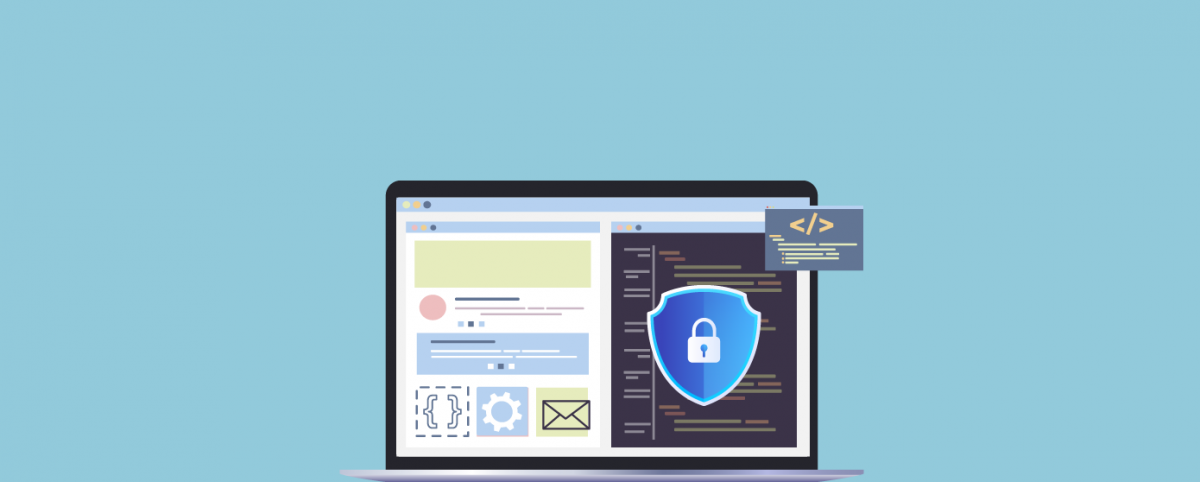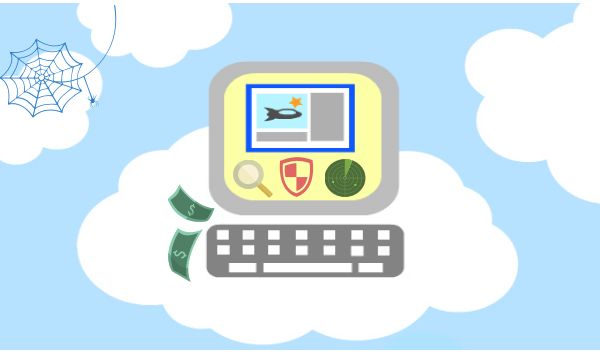Things to Consider When Choosing a SaaS Security Provider
SaaS (Software-as-a-Service) solutions are the tools for modern organizations of today to meet their pressing need for agility, speed, cutting-edginess, and smartness internally and externally to drive business value and growth. With the cloud-based deployment, full access over the internet, and minimal upfront costs, SaaS providers help organizations, irrespective of size, to immensely save time, money, and hassle in deployment, updating, and exiting.
The risk of associating with a third-party provider who is cloud-based and where the entire gamut of activities happens online is high. If they face a data breach, automatically your data and your applications are at risk. So, it is critical that organizations not only evaluate the need-fit and features of the SaaS solutions they subscribe to, but also look at their level of cybersecurity and the measures they take to secure themselves and their customers against data breaches and cyber-attacks. In an earlier article, we had discussed in detail about the questions to ask SaaS providers on their security measures before onboarding with them.
These are considerations for you to make when choosing any SaaS service provider be it – web development, CRM, file sharing, etc. Today, even cybersecurity solutions are available from SaaS companies. What happens then? Do the considerations change? Let us explore this.
Things to consider while choosing a SaaS Security provider
Is it a custom-built solution?
A one-size-fits-all approach is not appropriate when it comes to cybersecurity. Every organization, its nature of business, and its overall security posture affect the nature of security risks they face and as a result, the SaaS security solution needs to be custom-built to comprehensively and effectively secure the organization’s digital assets including data.
Is it a managed solution?
Often, cloud-based SaaS security providers tend to provide fully automated solutions that are not advisable. Why? Automated solutions work based on rules and if the request meets those rules, the machine considers it legitimate. However, cyber-attackers use legitimate and legitimate-looking requests to orchestrate attacks using vulnerabilities and gaps in the security infrastructure or the application itself. So, custom rules need to be deployed in such cases based on the unique circumstances of the business and business logic.
When certified security experts are involved, they use the information and insights generated by the system/ machine to identify attack patterns, mode of operation of attackers, and accordingly, put mitigation measures in place and finetune overall security. Also, penetration testing and security audits, which are critical to maintaining high standards of security, cannot be automated. Always choose service providers who provide manage security services that combine the speed and efficiency of automation (for regular scanning, security analytics, etc.) with the expertise, intelligence, creative thinking abilities, and intuitiveness of certified security experts.
Will the security solution affect the speed and performance of the website/ network/ system?
Customers today demand speed, efficiency, and high performance for websites and web applications. If the website takes a few more seconds to load, they do not hesitate to move on to the competitor’s site. So, organizations must ensure that security and performance are not compromised for one another.
Security SaaS providers such as Indusface provide CDN (cloud delivery network) services to all its customers at zero additional costs if they want to activate it. Indusface has partnered with Tata Communications’ Whole Site Acceleration CDN to enable businesses to deliver their internet content quickly and optimally without comprising on security and vice-versa.
Backups, updates, critical patches, etc.:
Small and medium organizations often cannot afford a separate IT team or to train their employees to handle backups, updates, etc. So, they must ensure that the security provider will automatically take responsibility for the important aspects of backups, updates, critical patching, etc. in securing applications and digital assets of the business.
Network and perimeter network control:
It is critical that your SaaS security service provider monitors and controls the traffic that gets access to your web applications and blocks bad requests from getting executed. This is by placing a Firewall at the network periphery along with custom rules based on the unique circumstances and needs of the business. Ensure that the Firewall is managed, intelligent, and comprehensive along with zero assured false positives, custom rules, and security analytics.
Incidence management and disaster recovery plans:
The core of cybersecurity is to ensure that security breaches and cyber-attacks do not happen. However, in the case that an incident does happen, it is important for you to know what kind of incidence management and disaster recovery plans the SaaS security company has in place. It is equally important for you to know whose liability it is when a breach happens.
Other questions to ask your Security SaaS provider:
- Is the solution scalable?
- What certifications does the company have?
- Will the solution work in current and future user environments?
- Is the pricing transparent?
The first-mover advantage is critical when it comes to cybersecurity. Ensure that your SaaS security provider is able to provide your business just that!
Stay tuned for more relevant and interesting security articles. Follow Indusface on Facebook, Twitter, and LinkedIn.


 July 9, 2019
July 9, 2019





